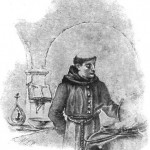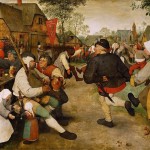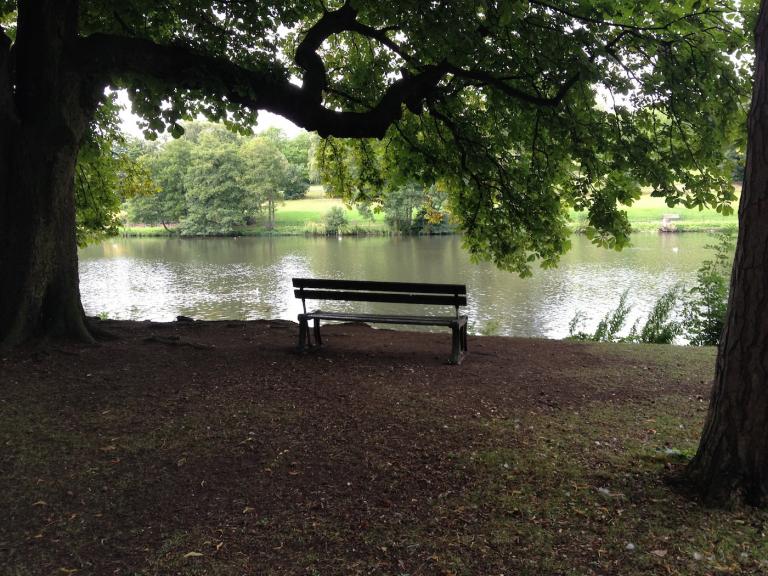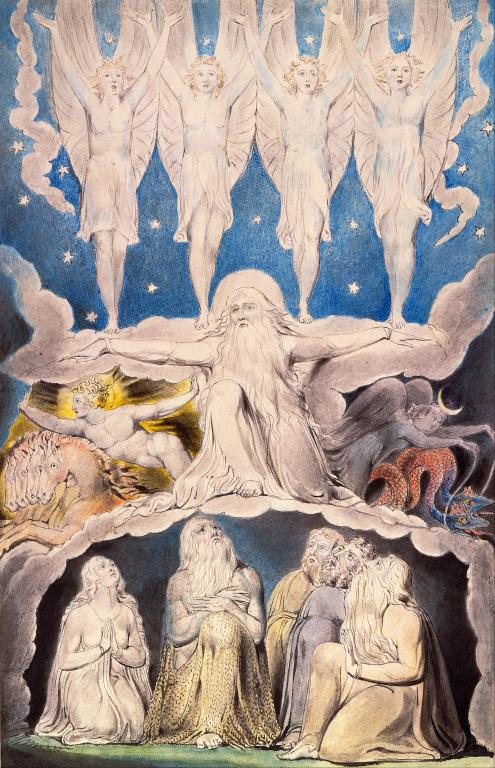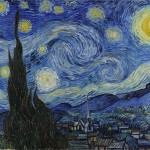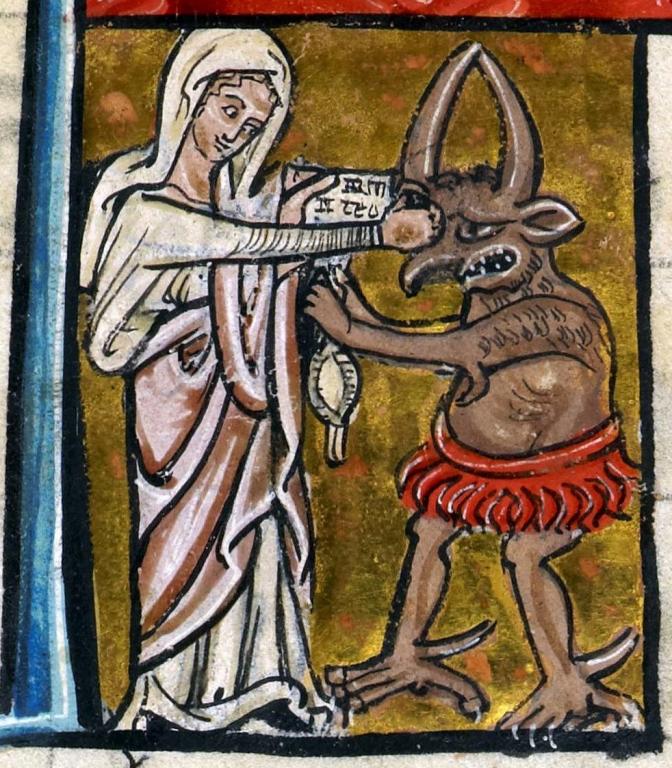David Russell Mosley
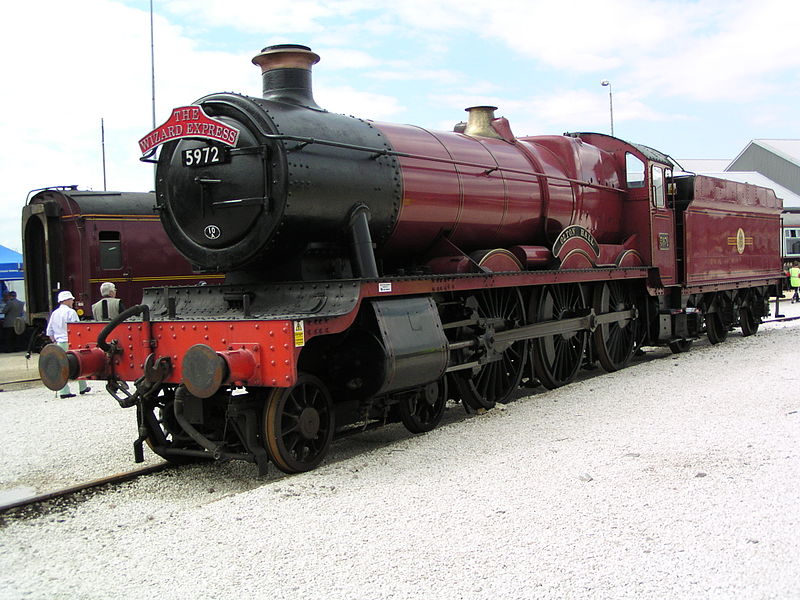
Description
Great Western Railway Hall Class, no. 5972 “Olton Hall” on display at Doncaster Works open day on 27 July 2003. This locomotive is used to haul the Hogwarts Express in the Harry Potter films.
Date 27 July 2003
Source Own work copied from en:File:GWR_’Hall’_5972_’Olton_Hall’_at_Doncaster_Works.JPG
Author Image by Phil Scott (Our Phellap) (CC BY-SA 3.0)
Ordinary Time
18 August 2016
The Edge of Elfland
Hudson, New Hampshire
Dear Readers,
Well, I finished my annual re-read of Harry Potter a few nights ago, and rounded it off with a re-read of The Tales of Beedle the Bard. Hopefully, I’ll eventually get my hands on a copy of The Cursed Child, but until then, I have two primary thoughts from this re-read. The first concerns dementors and souls, again; and the second concerns muggleborns.
Dementors Redux
My letter on dementors received some really interesting pushback. Perhaps the most interesting was the suggestion that dementors, at least in Harry Potter and the Prisoner of Azkaban, serve as a kind of metaphor or allegory for the government’s overreaching. Not only does the government have the power to imprison you with creatures that suck all the happiness out of you and drive you mad, it also has the power not to kill you but remove your soul, to take from you what makes you an individual human being. Personally, I love this reading. I think it fascinating and likely quite right with one exception: dementors, within the story of Harry Potter, cannot simply be that as they later side with Lord Voldemort.
Their function in Prisoner of Azkaban, and to a lesser degree Order of the Phoenix, is largely government overreach of involvement in the lives of its people, but dementors are not simply an extension of the government but creatures in their own rights with their own wills and desires. They’ve sided with the wizarding government because it gives them a steady, if not totally satisfactory, food supply. But they later side with Voldemort because he gives them freer reign. So, they cannot merely be allegories or metaphors, but if they were, this would be a shallower story in my opinion.
Going along with this, it has been suggested that Rowling is not trying to make a metaphysical claim about souls and bodies and persons. The problem is, she does seem to be doing precisely that, particularly as her continued work on Harry Potter has very clearly established the wizarding world within our own. I found an interesting passage, relating to metaphysical claims, in The Tales of Beedle the Bard that illustrates my point. In the commentary that Dumbledore provides for the story “Babbity Rabbity and Her Cackling Stump,” Dumbledore notes that, “wizards still have not found a way of reuniting body and soul once death has occurred” (79). Here we see death as being understood as the separation of body and soul (which potentially contradicts what happens when a dementor kisses you, though I will return to that in a moment). What’s more, Dumbledore goes on to quote a wizarding philosopher, Betrand de Pensées-Profondes, in his book, A Study into the Possibility of Reversing the Actual and Metaphysical Effects of Natural Death, with Particular Regard to the Reintegration of Essence and Matter, who writes, “‘Give it up. It’s never going to happen'” (79). The point is, Rowling does seem to be making a metaphysical claim about souls, bodies, persons, and death. That said, I may have been too hasty in my characterization of the problem Rowling creates for herself regarding souls and life. I think it is quite possible to read the dementor’s kiss not as removing the entirety of the soul, but only the rational, and possibly the animal, part(s).
Muggles, Wizards, and Muggleborns
The other issue I wish to address from this re-read is the issue of muggleborn wizards. Rowling’s works make it abundantly clear that wizards and witches are born, not made. Nevertheless, she goes to great lengths to ensure that we side with Dumbledore, Harry, and particularly Hermione (and poor, oft-forgotten Dean one of the only other, potentially muggleborn we know of in the entire series aside from Harry’s mom and the Creevey brothers). Rowling brings matters to a highpoint when she introduces the muggleborn Registration act in The Deathly Hallows. Witches and wizards have their wands taken from them, on the assumption that they somehow stole their magic, if they cannot prove magical ancestry. Some are even imprisoned. We feel the outrage of judging people based purely on their ancestry. However, I feel some of this is undone in by two things Rowling has written and said.
The first comes again in The Tales of Beedle the Bard and in the commentary to “Babbity Rabbity.” Here we find a footnote by Dumbledore where he writes concerning muggleborns, “several studies have suggested that there will have been a witch or wizard somewhere on the family tree” (82). The point Dumbledore is making is that no muggle can be turned into a witch or wizard by practice, they are born, not made. However, there’s an underlying effect that leaves me, at least, feeling shortchanged because there is still something to wizarding blood purity. All those incarcerated, with the right ancestry researchers, could have proven themselves true witches or wizards. They were born that way, not by total chance, but simply by genetics. Rowling doubles down on this in an interview she did with Bloomsbury in 2007 where she says, “Muggleborns will have a witch or wizard somewhere on their family tree, in some cases many, many generations back. The gene re-surfaces in some unexpected places.” I can’t help but feel that part of the impetus behind this was to ensure children reading her stories wouldn’t think that maybe they could do magic (although it simply makes it less certain, but not absolute). This, however, is pure conjecture. What isn’t conjecture, is that this does remove some of the stigma of being muggleborn since they aren’t really muggleborn, they are the descendants of witches or wizards unknown. Now, it is true that this adds some reality to the stories, making magical ability genetic and capable of skipping generations, hence squibs. Still, I feel like it lessens, if not the effects of being muggleborn, the reality of it.
Anyway, these are two longwinded thoughts I had on concluding the Harry Potter series again this year. I still love these books and hope to write about the importance of Christmas in them when we get closer to the Christmas season (maybe during Advent). These are just little issues about which I have expended too much thought.
Sincerely,
David

